
One such strategy gaining traction is the creation of themed packages that combine hotel stays with restaurant experiences.

These models blend traditional services with innovative approaches to provide guests with unique, personalized experiences.

Adapting to changing consumer trends requires restaurants to be flexible, innovative, and customer-focused.
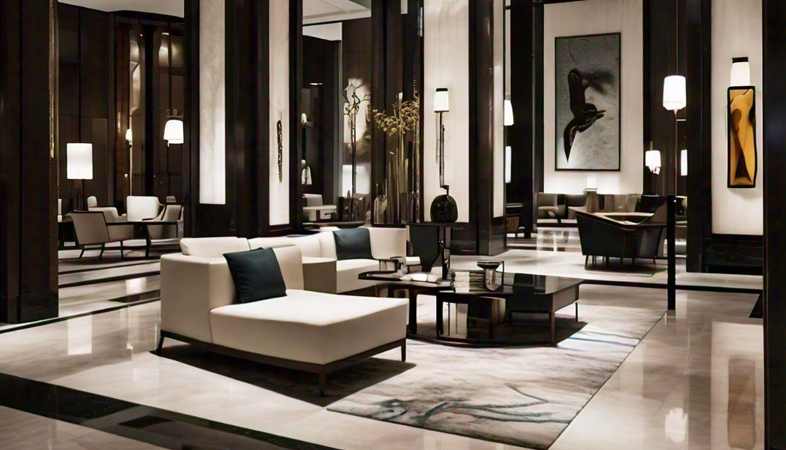
Hotel interior design goes far beyond aesthetics; it encompasses functionality, comfort, and the expression of the hotel's brand identity.
.jpg)
This transformation is evident in the array of wellness amenities offered, designed to enhance the overall guest experience and promote holistic well-being.

By implementing upcycling and reusing strategies, hotels can lead the way in environmental responsibility while offering guests a more eco-conscious experience.
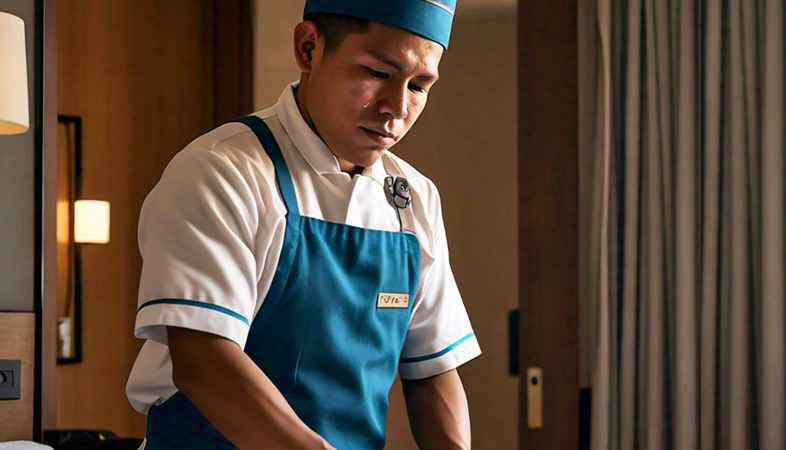
Housekeeping departments, often responsible for the bulk of a hotel's daily operations, play a crucial role in implementing sustainable practices.
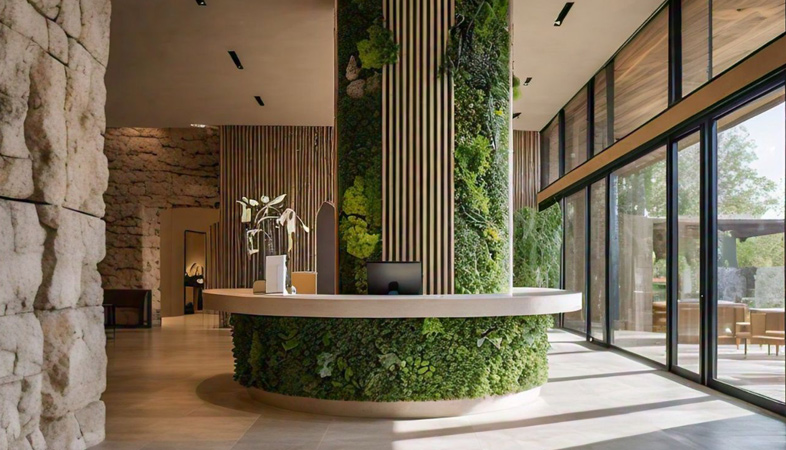
Green hotels aim to minimize their carbon footprint, conserve natural resources, and promote sustainable practices.

Hotels play a crucial role in catering to the unique needs and preferences of business travelers, offering tailored services and amenities to enhance their stay and productivity.

In the past, hotel front offices were mainly places for check-in and check-out, offering minimal engagement with guests beyond transactional services.

The role of the front office team in anticipating and exceeding guest expectations before their arrival is pivotal to shaping a memorable experience.
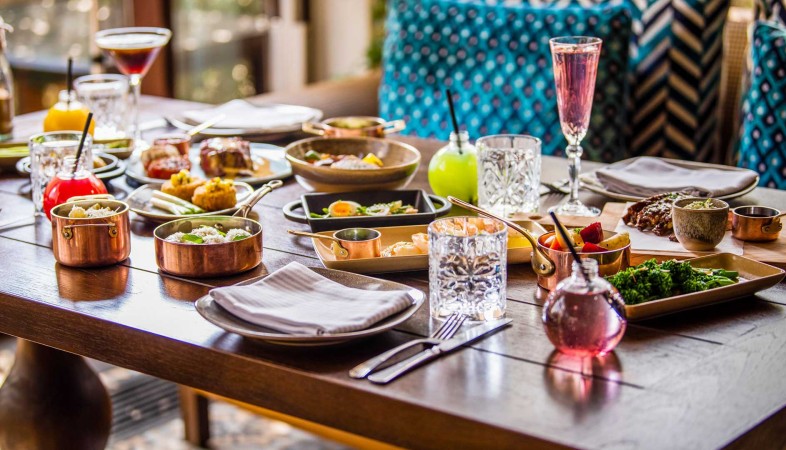
These establishments are not merely places to stay; they are culinary havens where the dining experience is an integral part of the allure.

Housekeepers meticulously inspect every corner of the room, ensuring that every surface is clean, every item is in its place, and every detail is attended to.

Revenue optimization is essential for restaurants and hotels to maximize profitability and achieve sustainable growth in a competitive market.

The role of virtual reality in enhancing guest check-in experiences is multifaceted, offering numerous benefits for both guests and hotels.
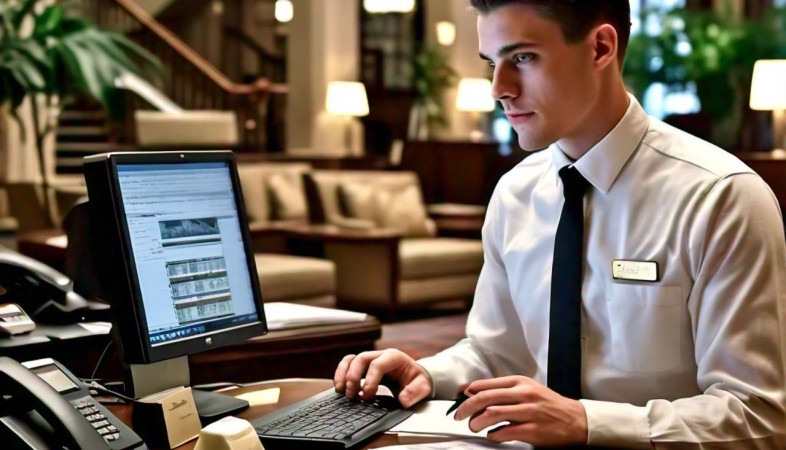
The design and decor of a hotel's interior play a crucial role in shaping the guest experience, making them feel welcome, relaxed, and inspired.
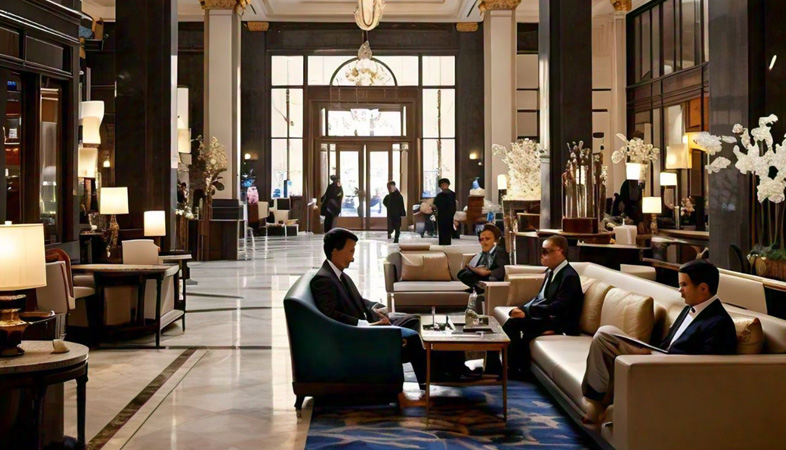
These programs are designed to incentivize guest loyalty, encourage repeat bookings, and enhance the overall guest experience.

The interior design of a hotel plays a crucial role in creating a feel-good environment for guests.
.jpg)
Nowhere is this more evident than in the design of minimalist hotel rooms, where less truly is more.

In addition to themed décor and interactive features, kid-friendly hotel rooms also prioritize safety and comfort.